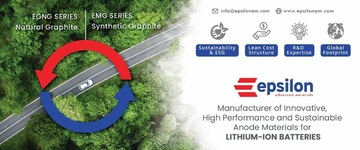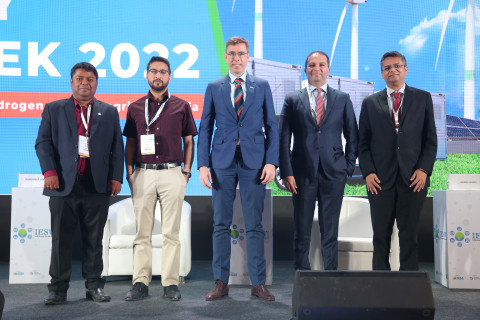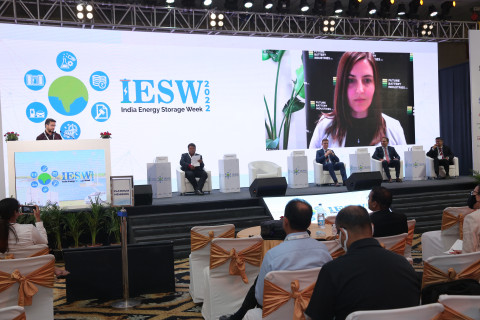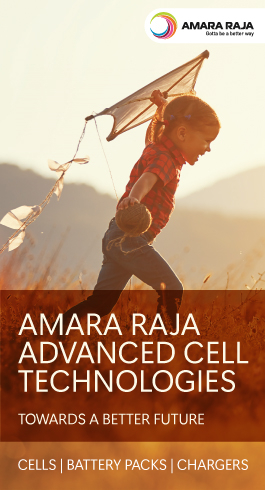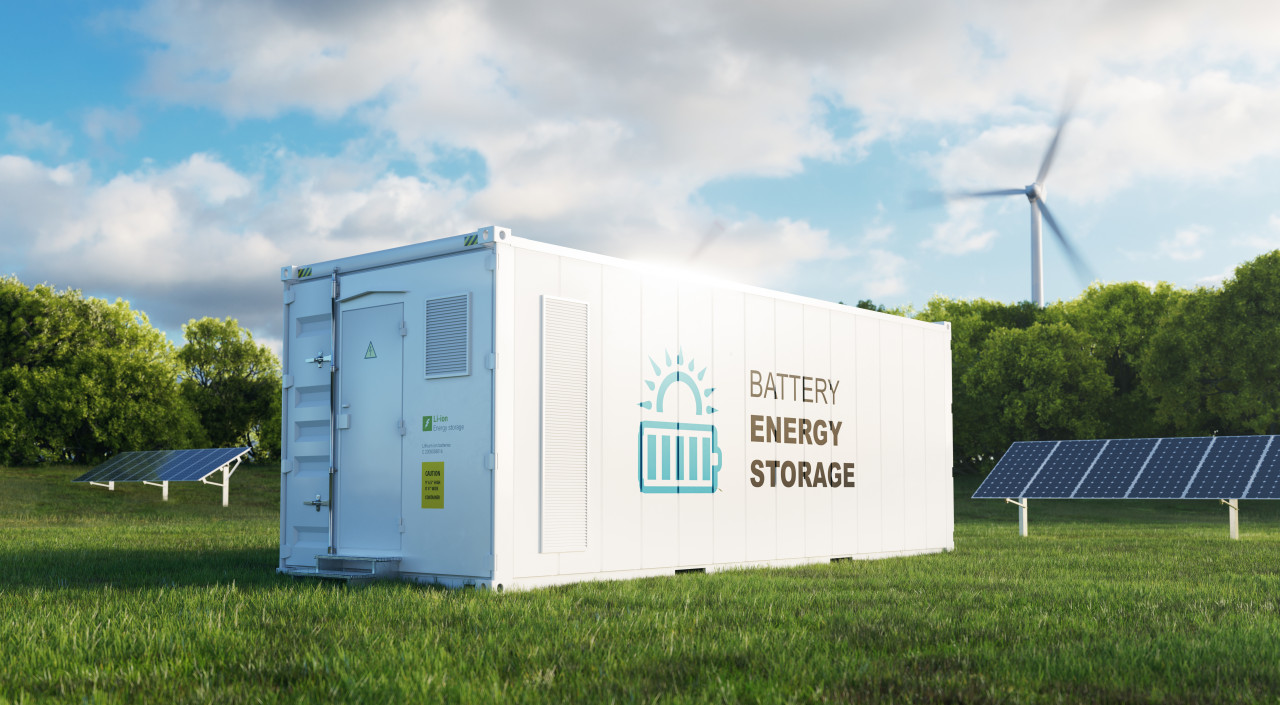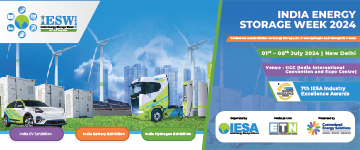Securing a robust raw materials supply chain: Challenges and Opportunities
As India's endeavors in making the energy transition, catch momentum, the recent efforts in domestic battery manufacturing will prove critical in ensuring energy security for the country. Yet in its nascent phase, the battery manufacturing industry has challenges that it has to overcome; one of the crucial tasks is going to be the development of a strong and sustainable raw material supply chain.
At the India Energy Storage Week 2022, held in the first week of May, the focus of the discussion was the building of Giga factories for energy storage manufacturing and setting up a strong and supportive ecosystem, with a localized supply system.
One of the panel discussions on 'Securing Raw Materials and Building Supply Chain for Energy Storage Manufacturing' saw the raw material sector representatives talk about the challenges in securing raw material supply and the economics of procurement, to ensure seamless production of batteries.
Randheer Singh, Director – Electric Mobility at Niti Aayog, spoke about the things that need to be facilitated for the companies that have been selected under the ACC PLI scheme, as well as those who are not part of the scheme: "The entire process has to be facilitated - the raw material processing, having the raw material mines, green fields or brownfields abroad, MoUs with different countries… these are some of the steps required as of now."
He said that the market for battery raw material companies is going to be huge. By 2030, he stated, more than 160GW will be the market for the cells required within our country, which includes both stationary storage and EV storage, adding that 90 percent of the demand is going to come from EVs by 2030.
Expressing concern about the rising raw material prices, he said two important issues need to be addressed: One, to determine the sources of raw material, which will be a big issue for the battery manufacturers; whether some of it can be processed in our country or got from mines abroad. Two, the capabilities and the support required for the processing industry to propel and promulgate within our country.
Brieux Boisdequin, VP – Automotives, and Materials (India), BASF, spoke about the scope of the supply chain as well as the key challenges, and some of the measures that are being implemented to address those challenges.
BASF, he informed, has ventured into the business of battery materials in the past decade. Having started with electrolytes and cathode materials, the company has divested the electrolyte business and decided to focus exclusively on cathode materials. "We have become the largest supplier of high energy density cathode materials to the automotive industry."
In his presentation, he explained how the big challenge for the industry is to transform the linear supply chain of battery manufacturing material that is followed today, into a circular supply chain. There are majorly two steps involved here, he said: "One is driven by regulations to incentivize companies to look into recycling of batteries, and the second step is to recycle the metals collected from those batteries. Where each step of the chain will add value."
Highlighting the main challenges that go towards developing a circular economy and a robust value chain, he stated:
1. Addressing societal issues – like the matter of child labor in cobalt mining in the Congo
2. Implementing traceability along the value chain – checking risk factors, taking countermeasures, auditing, and certifying the supply chain to ensure a reliable source of materials.
3. Reducing CO2 emissions.
Stacy Osenbaugh, Commercialisation Manager – Future Battery Industries CRC, Western Australia, spoke about Australia's capabilities as a producer of critical minerals for battery needs; with a mineral endowment, and strengths in mining and refining. With impending issues like rising costs and the supply of battery materials, she highlighted the opportunity for India and Australia supply chains to work together to mitigate these issues.
"We already have a long-term established economic partnership. The recently signed free trade agreement between Australia and India will create opportunities in the critical mineral sector," she said, adding that we need to examine how the two countries can partner in technology exchange and trade at different points in the battery value chain.
Also part of the panel were Harin Kanani, MD – Neogen Chemicals, and Vikram Handa, MD – Epsilon Advanced Materials; representing the Indian battery raw materials sector.
Mr. Kanani stated that with its electrolyte salt manufacturing, Neogen can increase value addition and reduce supply chain complexity for electrolyte supply. The company recently started manufacturing electrolytes for lithium-ion batteries and specializes in bromine-based compounds and inorganic lithium salts. With Battery manufacturing set to scale up in the next couple of years, he expects the demand for electrolytes to grow as well and sees huge opportunities open up in the EV battery business.
Mr. Handa, who is also Co-Chair of the India Battery Manufacturing Supply Chain Council, feels we need to first understand the setbacks in India and work on developing a small road map on how to tackle things to go up the global ranking as battery producers. "India can then attract a lot of investment and many international players will focus on coming to India to develop this industry."
The global battery raw material demand is going into millions today, he said, adding that it's important to figure out how much of this India can capture. "We talk about India needing 100GWh by 2030, the battery materials supply chain and the processing industry itself can be a 1 lakh crore industry by 2030 to support Giga factories. We are talking of generating a lot of employment, and a lot of taxation revenue as well for the States."

